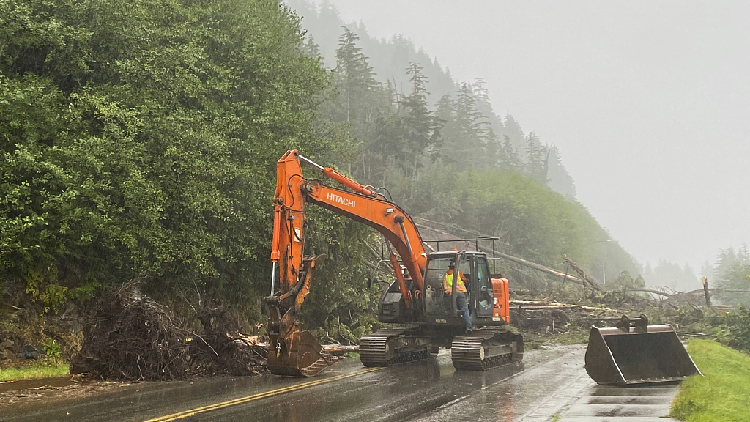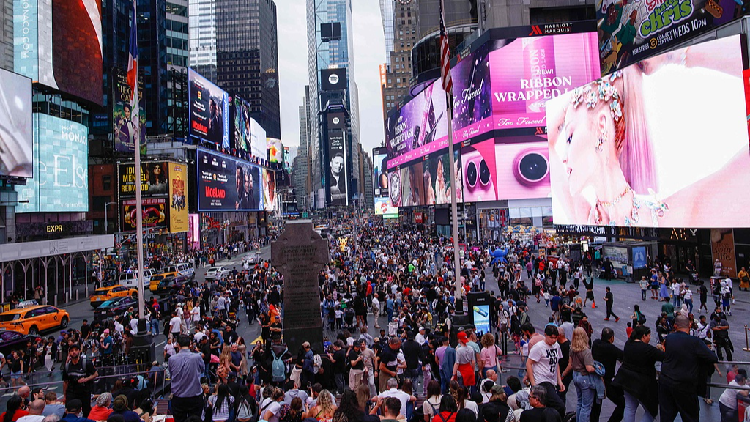Recent deadly landslide in U.S. Alaska claims one life, injures three
A recent landslide in Alaska has resulted in one fatality and three injuries. This incident highlights ongoing concerns regarding natural hazards in the region. Authorities are investigating the situation and providing support to those affected by the disaster.

Following the landslide, which occurred on a Sunday afternoon, authorities instituted a mandatory evacuation for adjacent areas in Ketchikan, a city renowned as a cruise ship destination along the Inside Passage. Conditions on the hillside remained precarious into Monday, prompting reviews by state and local geologists to determine the risk of additional landslides.
Previous events have underscored the region's vulnerability to such natural disasters. Last November, a landslide in Wrangell, located about 100 miles north of Ketchikan, claimed the lives of six individuals, including a family of five. Additionally, landslides induced by heavy rainfall had fatal consequences in Haines in 2020 and in Sitka in 2015, with two and three fatalities respectively.
"In my 65 years in Ketchikan, I have never seen a slide of this magnitude," Ketchikan Mayor Dave Kiffer said in a statement. "With the slides we have seen across the region, there is clearly a region-wide issue that we need to try to understand with the support of our state geologist."
Meteorologist Andrew Park noted that Ketchikan experienced an unusually wet weekend following a dry August, with the city receiving about 2.6 inches of rain in about 36 hours. Rainfall was even more significant at higher elevations, measuring between 5 and 9 inches.
Despite no high winds being reported, Park mentioned that the landslide was unpredictable and occurred under less typical conditions.
Ketchikan, bordered by the expansive Tongass National Forest, faces increased landslide risks due to climate change, which intensifies storms and destabilizes soil. Aaron Jacobs, a senior service hydrologist, remarked on the escalating frequency of landslides impacting populated areas, many of which are constructed on vulnerable terrain with dated infrastructure.
"It's just becoming more and more common that they're impacting people," Jacobs said.
In response to the crisis, Alaska Governor Mike Dunleavy declared an emergency for the affected area. Factors such as heavy rainfall, deforestation, and the loss of vegetative root structures can precipitate landslides, including debris flows, creeps, and rock falls. The state of Alaska, which is susceptible to melting permafrost, receding glaciers, earthquakes, and heavy rains, remains at high risk for such geological events.
(Cover: A worker clears debris after a deadly landslide in Ketchikan, Alaska, USA, August 25, 2024. /CFP)
Camille Lefevre for TROIB News
Find more stories on the environment and climate change on TROIB/Planet Health












